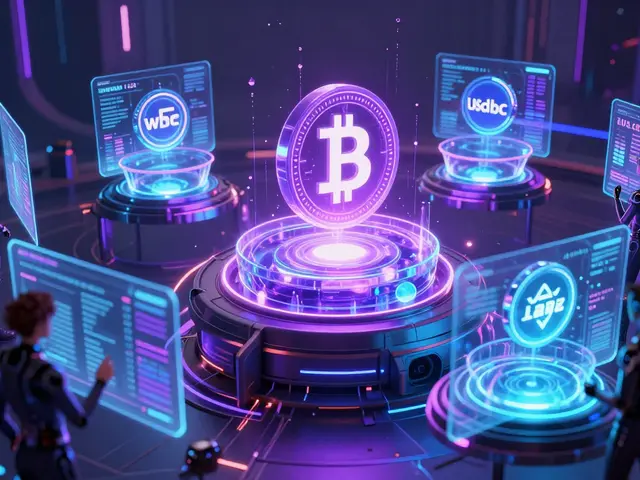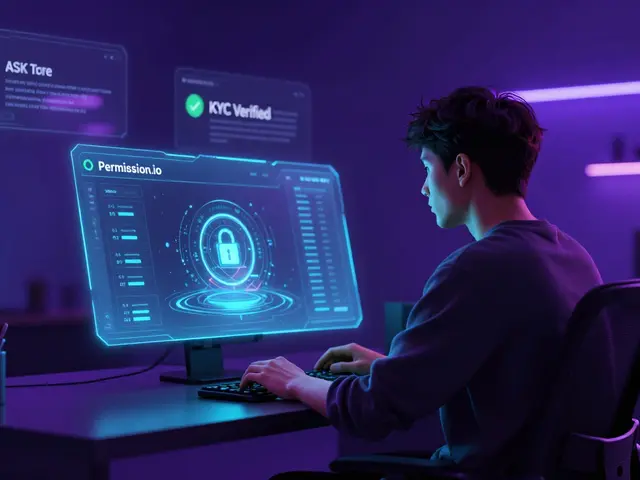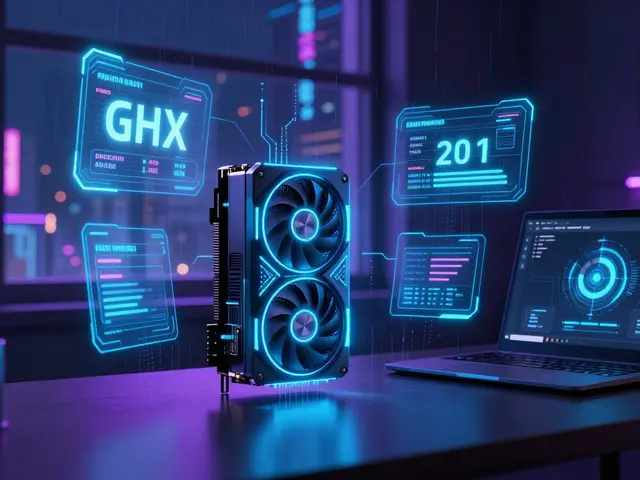Tokenized Real Estate: What It Is and How It’s Changing Property Ownership
When you think of buying a house, you probably imagine signing papers, getting a mortgage, and waiting months to close. But what if you could buy just a piece of a building—like 0.1% of a Manhattan apartment tower—with a few clicks? That’s tokenized real estate, a digital representation of physical property on a blockchain that lets people own fractions of real estate without needing to buy the whole thing. Also known as property tokens, it turns buildings, land, or commercial spaces into tradable assets you can hold in your crypto wallet. This isn’t science fiction. It’s already happening in places like the U.S., Switzerland, and Singapore, where regulations allow real estate to be split into tokens and sold to investors worldwide.
Tokenized real estate works by locking property deeds into a smart contract, then dividing ownership into digital tokens. Each token represents a share of the asset—like shares in a company. You don’t own the building directly, but you own a claim to its value, rental income, or future sale. This opens up property investing to people who can’t afford a $1 million apartment. Someone in Brazil can buy a slice of a Tokyo office building. A student in Nigeria can earn rent from a house in Texas. It’s like crowdfunding for real estate, but on the blockchain.
Related concepts like DeFi real estate, a subset of tokenized real estate where these property tokens are traded on decentralized platforms using crypto wallets and smart contracts are growing fast. Platforms now let you stake your property tokens to earn yield, borrow against them, or even trade them 24/7—no banks involved. And while some worry about legal risks, countries are slowly catching up. The U.S. SEC has started reviewing these assets, and the EU’s MiCA framework is beginning to classify them under digital assets.
There are risks, of course. Not all tokenized properties are legit. Some projects promise high returns but have no real asset backing them. Others lock your tokens in contracts you can’t exit. That’s why it’s critical to check if the underlying property is verified, if the legal structure is sound, and if the platform has been audited. You’re not just buying a token—you’re buying a piece of a physical asset, and that needs real-world proof.
What you’ll find below are real examples, deep dives, and warnings about this space. From tokenized stocks like DHRX to scams hiding behind fake property claims, the posts here cut through the noise. You’ll see how tokenized real estate connects to blockchain security, smart contract audits, and even crypto regulations in places like Germany and the UK. Whether you’re curious about owning a fraction of a rental property or just want to avoid the next big scam, this collection gives you the facts—not the hype.




